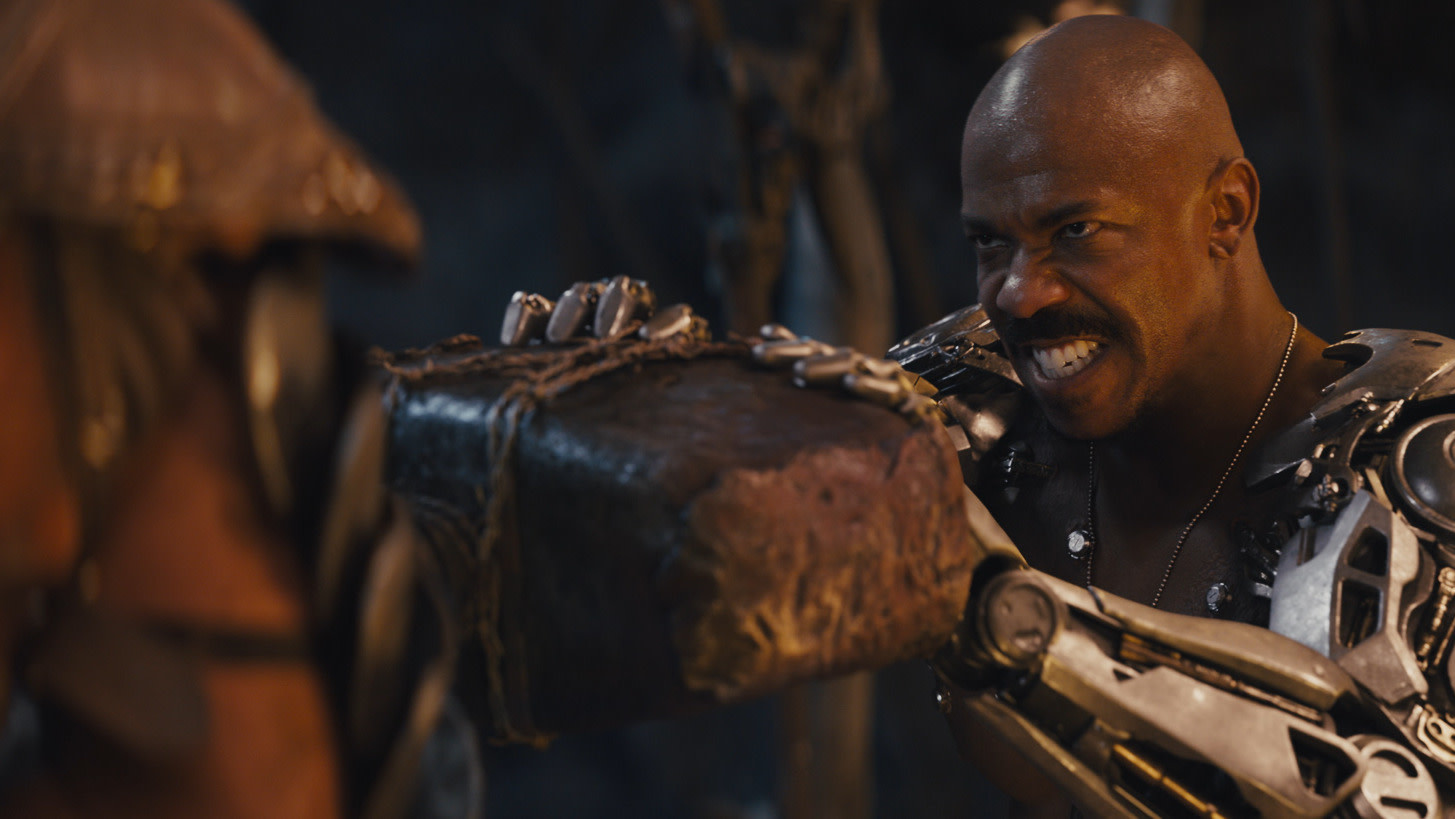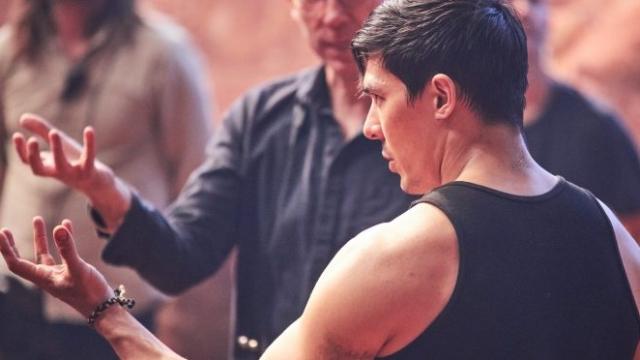One of the most impressive things about Mortal Kombat is how each fight means something. When things get cooking in the second half of the film, everything that’s happened before gives each one of the various showdowns some sort of personal stakes — that’s what makes those fights shine even beyond special effects and fight choreography. Gizmodo spoke with Mortal Kombat director Simon McQuoid about it all.
The film’s trailer is very careful to keep most of those final showdowns a secret, and we wouldn’t want to spoil them before release. But you just have to fill in the gaps between the film’s opening (which you can watch here) and how that might end up paying off when Sub-Zero and Scorpion finally go head to head to begin to understand just how impactful and crucial the pair-ups are.
You’ve heard of a flight plan, but how about a fight plan? McQuoid explained that balancing the many skirmishes in the video game adaptation was a long, meticulous process.
“What we ended up doing as part of when we were in preproduction and shooting, we did a fight plan,” McQuaid said. “So the whole film was storyboarded and then there was this fight plan to make sure that the audience didn’t get fight fatigue. We wanted to make sure we’re maximizing all of the character development and story development throughout all of the real estate that the fights took up. Also, we wanted to make sure that the energies of them and the variation of them was correct. So that you didn’t get to them down the line and say ‘I’ve seen this. This is boring.’ So that fatigue was really important to us.”

“Then, doing the set-up and payoff all of who fights who, that was just a constant evolution,” he continues. “Some things had a little thing baked into the script and then we amplified it more to be a more satisfying payoff. Other things weren’t there at all, and we had to move things around, had to swap a few people who were going to fight who. Sometimes it was because of production realities and… we couldn’t split Joe Taslim in half. [laughs] Stuff like that. So it was just a constant evolution and that’s filmmaking … I guess the key is the thing you’re feeling? We really cared about and we really focused on making sure you felt that.”
So credit goes to not just McQuoid, but also writers Greg Russo and Dave Callaham, and the many others who helped find the balance that makes Mortal Kombat both emotionally and viscerally satisfying.
Mortal Kombat is now in Australian theatres.
